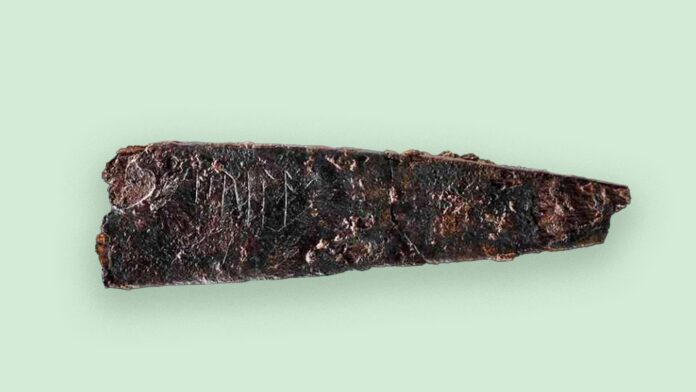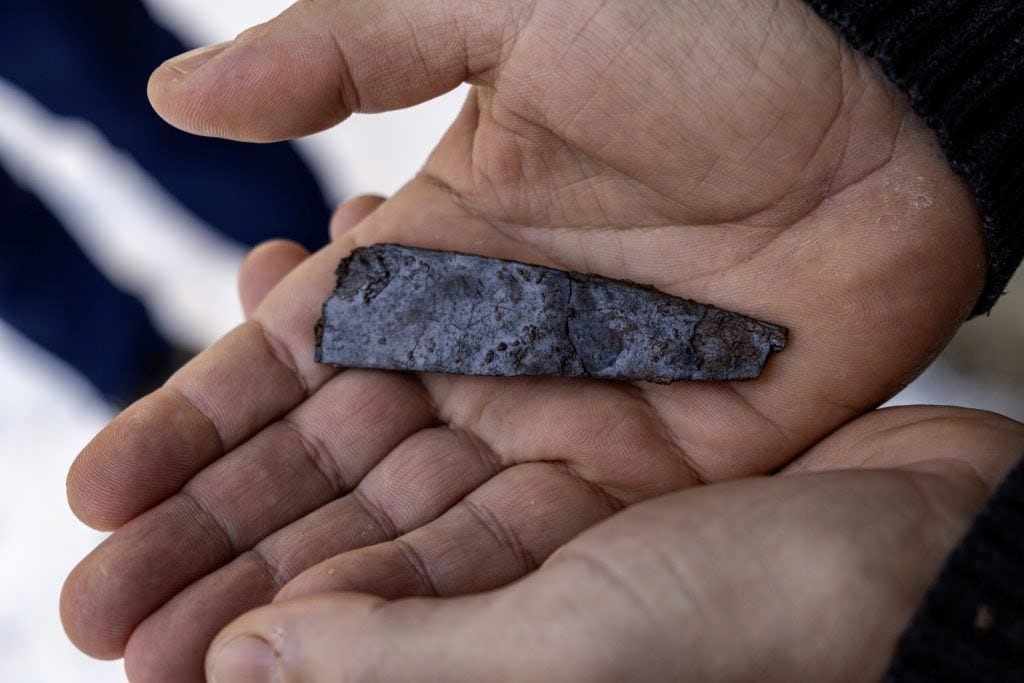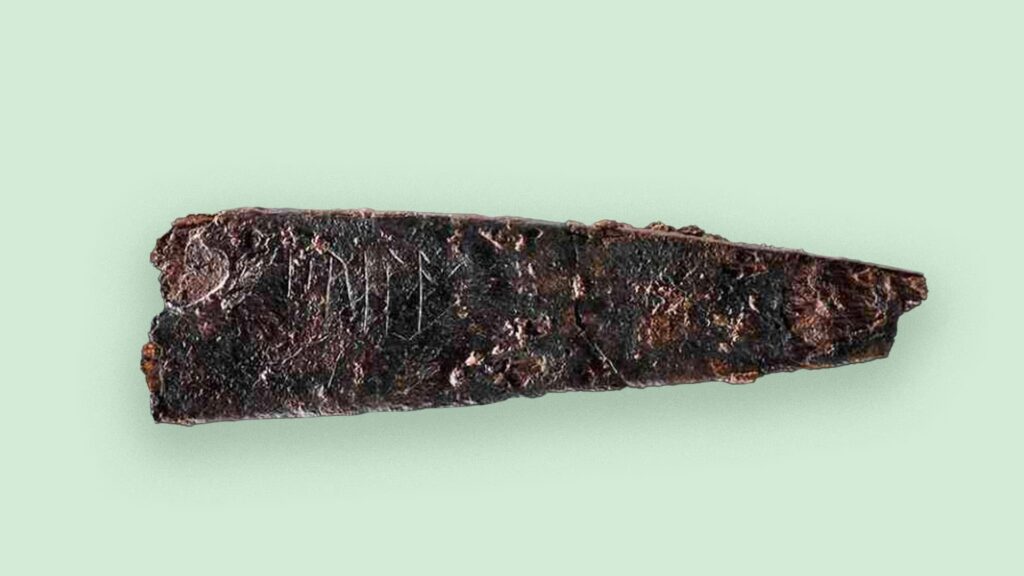A Remarkable Discovery in Odense
At a burial site near Odense, Denmark, archaeologists have unearthed a small knife engraved with the oldest known runes in the country. Dating back to around 150 CE, this extraordinary find offers an unprecedented glimpse into Denmark’s early written language and cultural heritage.

From Overlooked Artifact to Historical Treasure
Initially, Jakob Bonde, curator and archaeologist at Museum Odense, overlooked the knife’s significance. However, after a careful cleaning process, he realized its true importance, describing the moment as “like receiving a message from the distant past.”

Decoding the Ancient Script
The knife’s blade bears five enigmatic runes, providing an invaluable link to Denmark’s Iron Age linguistic traditions. Runologist Lisbeth Imer from the National Museum of Denmark underscores the discovery’s significance, highlighting its role in deepening our understanding of early Scandinavian writing.

A Mark of Prestige and Knowledge
In an era when literacy was rare, the knife’s owner likely belonged to a small intellectual elite. This revelation sheds light on the social hierarchy and education system of ancient Denmark, suggesting that writing was a symbol of status and power.

A Groundbreaking Addition to Danish History
Predating the renowned Jelling runestones by nearly 800 years, this artifact—along with other finds, such as the “harja” inscribed bone comb discovered nearby—reshapes our knowledge of early Danish script and its evolution.

Preserving the Past, Inspiring the Future
As Museum Odense prepares to exhibit this rare treasure alongside other burial site artifacts, archaeologists celebrate a discovery that not only illuminates Denmark’s ancient past but also opens new avenues for scholarly research into the region’s rich cultural heritage.

